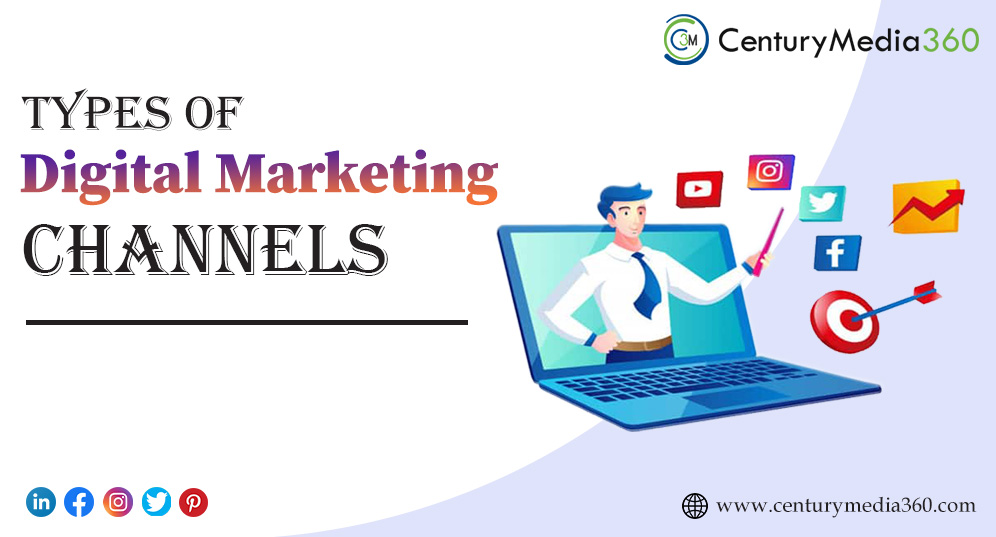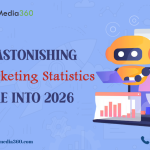Types of Digital Marketing Channels

Digital marketing channels are the means through which businesses can promote their products and services to a target audience using digital technologies. These channels include various tactics, from social media and email marketing to search engine optimization and online advertising.
In this article, we’ll take a look at the different types of digital promotion channels that businesses can use to reach and engage their audience online.
Social Media Promotion
Social Media platforms like Facebook, Instagram, and Twitter have become essential tools for businesses looking to connect with their customers and build brand awareness. So, by creating a social media presence, businesses can share content, engage with their followers, and create a community around their brand.
Email Marketing
Email marketing involves sending promotional messages to a list of subscribers via email. Hence, it’s a highly effective way to reach a targeted audience, as businesses can segment their email lists based on factors like location, interests, and past purchasing behavior.
Search Engine Optimization (SEO)
SEO is the process of optimizing a website to rank higher in search engine results pages (SERPs). Therefore, by improving a website’s visibility in search engines like Google, businesses can attract more qualified traffic to their site and ultimately drive more sales.
Pay-Per-Click (PPC) Advertising
PPC advertising involves placing ads on search engine results on pages or other websites and paying a fee each time someone clicks on the ad. So, it’s a way for businesses to get immediate visibility in search results and drive traffic to their site.
Content Marketing
Content marketing is creating and distributing valuable, relevant, and consistent content to attract and retain a clearly defined audience. By creating valuable content that resonates with their target audience, businesses can establish themselves as thought leaders in their industry and attract qualified leads.
Influencer Marketing
Influencer marketing involves partnering with social media influencers to promote a product or service. Influencers have a large following and are seen as trusted sources of information by their followers. By collaborating with influencers, businesses can tap into their influence and reach a larger audience.
Affiliate Marketing
Affiliate marketing is a type of performance-based marketing in which a business rewards affiliates for each customer brought to the company through the affiliate’s own marketing efforts. Affiliates typically promote a company’s products or services on their own websites or social media accounts and earn a commission for each sale made as a result of their promotion.
One of the main advantages of affiliate marketing is that it allows businesses to reach a wider audience without having to invest in advertising. Instead of paying for each click or impression, businesses only pay affiliates when a sale is made. This makes affiliate marketing a cost-effective way to drive sales and reach new customers.
Another benefit of affiliate marketing is that it allows businesses to track the effectiveness of their promotions. By using unique tracking links, businesses can see exactly which affiliates are driving the most sales and adjust their commission structure accordingly.
Conclusion
In conclusion, digital marketing channels are an essential part of reaching and engaging a target audience online. From social media and email marketing to search engine optimization and online advertising, businesses have a wide range of tactics at their disposal to promote their products and services. By understanding the strengths and limitations of each channel, businesses can create a well-rounded digital promotion strategy that helps them achieve their goals. Whether it’s building brand awareness on social media, driving qualified traffic to a website with SEO, or generating sales through influencer partnerships, digital advertising channels offer businesses the opportunity to reach their audience in meaningful ways.






